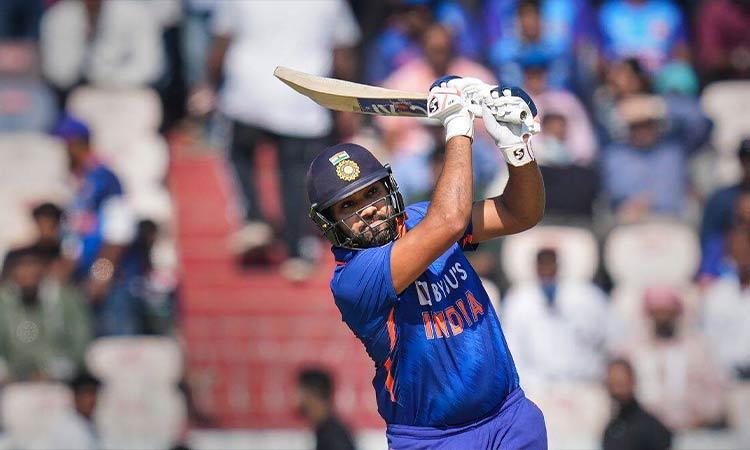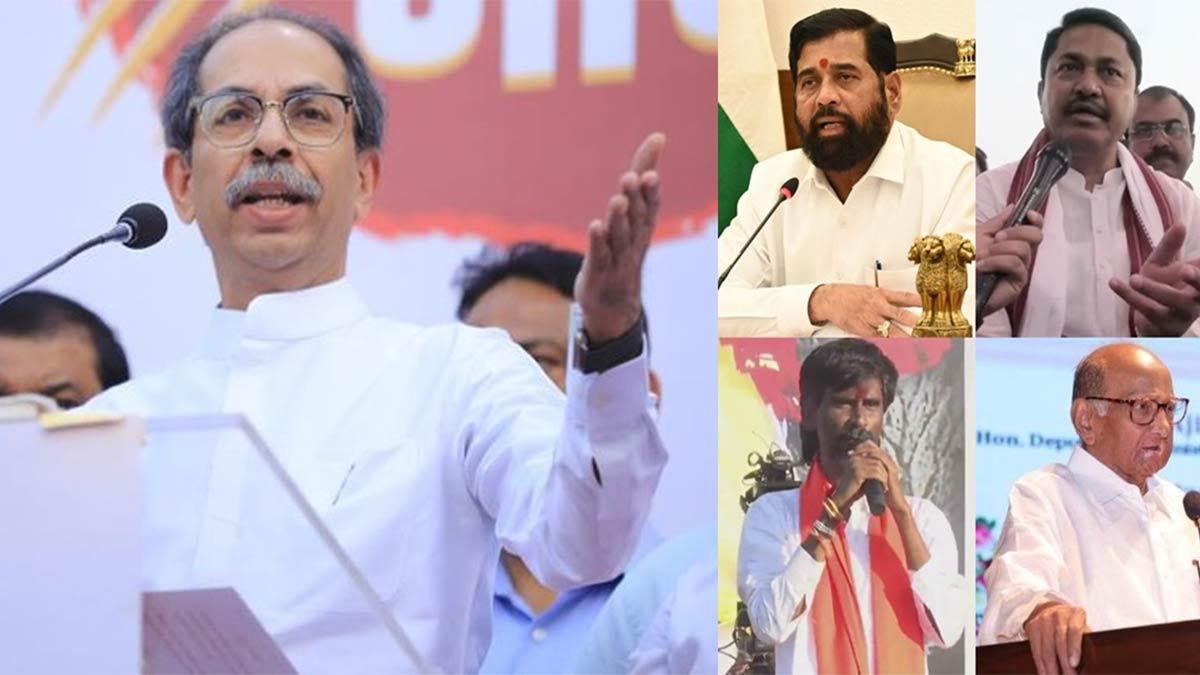The famous saying "The pen is mightier than the sword" comes to mind quite often in cricket. One does not use this phrase in a literary way in cricket but more as a verbal and mental dual between cricketers and the press. The press covers the spectrum of written and verbal cricket experts and critics.
The recent tete-a-tete in a press interview with Rohit Sharma in which he was livid when asked about his recent century in One-day International cricket against New Zealand. Although it was his 30th one for India, it was scored after a period of three years. Sharma, quite understandably, was upset and stood to explain the time gap vis-a-vis the number of matches he had played. One could gauge his anger and fury against the broadcasters and he made no bones about it.
Unfortunately, the battle between the press and the players has been an ongoing one for many decades. One talks of it being constructive criticism but not many can take it and it is not accepted as gospel truth by the cricketers.
A player, quite naturally, wants to do well and when one fails or performs badly the last thing one wants is for someone to rub salt into one's wound. Whereas the journalist or broadcaster is doing one's job of relaying what one feels, it is at the end their analysis of the situation.
This is the basic point of issue between the two. As much as praise, any adverse reporting by one remains embedded in a cricketer's mind. It is the adverse reporting that comes forth strongly when one is down and many cricketers show their frustration and anger on account of it.
Recently, Virat Kohli also went through a series of disappointments with journalists and critics questioning his form and performance. There has not been a single cricketer who has not gone through it, even the great Sir Donald Bradman fell a victim to it. Cricket is a game of uncertainties and however good one may be, the Sword of Damocles is always hanging over a player's head. When it strikes, it always leads to mayhem.
Also Read | Spy's Eye : 'Think 20' must work for both India's economic growth and security
The problem that arises is when the press and the broadcasters are biased and unfair in their criticism. This, somehow, comes forth even though one tends to look at things with an open mind.
In India, with our multi-cultural background, there is always that element of empathy that arises and favours an individual from one's region. This is a human tendency which attaches one from one's childhood.
The Indian cricket selectors are a good example of it. The committee is formed on a zonal basis and it comprises a person from the North, the South, the East, the West and Central India. This itself spells regional bias, as a selector from a particular zone is there to represent one's region. Their primary aim is to ensure that the maximum number of players from their region get selected.
When a batsman or a bowler does well one often sees them making a gesture towards the direction of the pavilion, the press and the broadcasters. At most times this is to indicate and emphasise as to how they have been proven wrong.
The zonal bias also exists amongst the press. A relationship that builds up between a player and a reporter tends to bind each other from the time when a cricketer from a particular city/ region makes one's mark. The "Bandhan", as one can refer to it gets closer as cricketers progress in their journey. Favouritism, quite naturally, comes forth with flourishing articles about the cricketer. Awareness by the strength of print and social media has engulfed us presently. The might of the pen is what could make or even break a player.
A cricketer is always apprehensive about reporters who have not played the game. There comes that tingling doubt as to how one could write on a subject that one has not actually experienced. Great writers of the past who had not adorned the cricket flannels, were brilliant narrators and ones who could put into words the visuals that took place on a cricket ground. The subtlety and artistry of a batsman's stroke and the variations and speed or spin of the bowlers were beautifully articulated. They were great in bringing about the romance of the game.
In today's television and broadcasting world, there has been a complete about-turn as regards reporting. The visual is there for all to see and therefore, the only outcome from the reporting is to analyze and discuss. This has brought the former cricketers to the fore, as broadcasters. They too find themselves in a very delicate position. If they criticize a player, they find themselves on the other side of the fence, both with the individual, as well as the team. One gathers in the past, there have been incidents where reporters and even former players are considered "taboo" and kept at an arms-length because of reporting against an individual or a team.
In the days gone by, especially before the advent of a full-fledged multi-media disrupted world, there was a healthy relationship between the players and the press. One did encounter criticism when one failed and one did feel hurt reading the penned article. However, the same journalist would be prepared to praise one and accept his folly when one did well. There seemed to be a more mature interaction and a player very often took it as a challenge to prove the journalist wrong.
The pen and the mike will always be mightier than the sword. They remain in the archives for years to come. In cricket, one was always taught that runs and wickets are all that matter in the end. To keep on scoring runs and taking wickets is the only way a cricketer can be heard.
Also Read | Biden's legal troubles
One of the most famous quotes from the book 'Beyond the Boundary', by a social and political writer and not a cricketer, C.L.R. James, comes to mind, "What do they know of cricket that only cricket know?"


















